These 10 Retailers and Restaurants May Not Survive Coronavirus
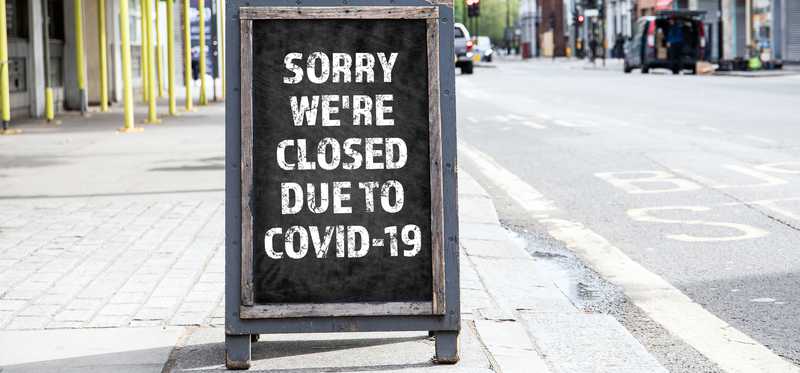
These 10 Retailers and Restaurants May Not Survive Coronavirus
Ring the alarm
Retailers and restaurants are facing a crisis unlike any they've ever seen before. The coronavirus pandemic has forced mass closures of non-essential retailers, limiting them to e-commerce. Meanwhile, most restaurants remain open, but only to provide takeout and delivery, leaving them without the majority of their business in most cases.
If the crisis continues, it could put a number of retailers and restaurants out of business. Click through for 10 names that could fall into bankruptcy.
5 Winning Stocks Under $49
We hear it over and over from investors, “I wish I had bought Amazon or Netflix when they were first recommended by the Motley Fool. I’d be sitting on a gold mine!” And it’s true. And while Amazon and Netflix have had a good run, we think these 5 other stocks are screaming buys. And you can buy them now for less than $49 a share! Simply click here to learn how to get your copy of “5 Growth Stocks Under $49” for FREE for a limited time only.
Previous
Next
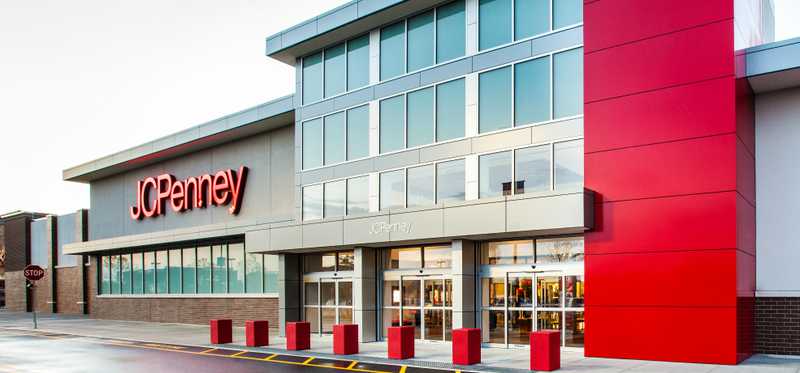
1. J.C. Penney
It's not surprising to find J.C. Penney (NYSE: JCP) on this list. The department store chain has been struggling since 2012 when a misguided revamp by former CEO Ron Johnson led to comparable sales plunging 25%. Even last year, comparable sales fell sharply and it reported a net loss of $268 million according to generally accepted accounting principles (GAAP).
Penney has closed its stores and furloughed the majority of its store employees and some in its home office and design offices. Given the retailer's poor position before the crisis and heavy debt burden, it may be hard for it to survive.
ALSO READ: More Than 15,000 Stores Could Close Permanently in 2020
Previous
Next
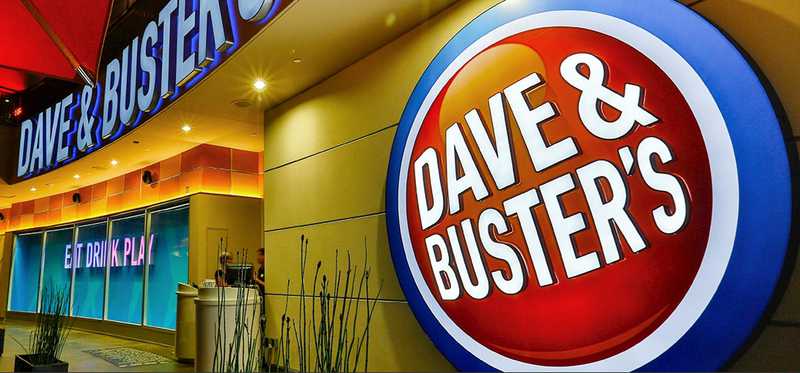
2. Dave & Buster's
Dave & Buster's (Nasdaq: PLAY) was solidly profitable before the coronavirus outbreak started, but the company's business model is particularly poorly suited to the current crisis. Unlike most restaurant chains that have kept locations open to provide takeout and delivery orders, the eat-and-play chain closed all 137 of its locations temporarily, and its business model, which generates a majority of revenue from games, may struggle even when restaurants are allowed to open as consumers may be wary of crowded spaces and sharing things like arcade games.
The company's balance sheet was also stretched before the crisis as it had been aggressively buying back stock. As of February 2, it had just $24.7 million in cash and $632.7 million in debt, and is now looking into selling a stake to a private equity company. It's drawn down a $100 million line of credit, but it may need some help beyond that to stay afloat.
Previous
Next

3. Ascena Retail Group
Like J.C. Penney, Ascena Retail Group (Nasdaq: ASNA) was in trouble before the pandemic hit. The company operates thousands of apparel stores across the country under banners including Ann Taylor, Lane Bryant, and Justice, but it also recently sold Maurice's and closed Dressbarn to help shore up liquidity.
Due to the COVID-19 outbreak, the company has closed all of its stores and furloughed all of its store associates and half of its corporate employees. It's also reducing executive pay. Valued at just around $13 million currently, investors clearly think little of Ascena's prospects.
Previous
Next
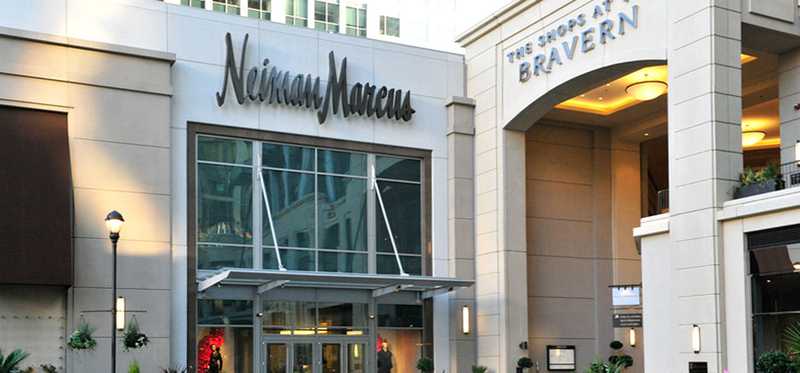
4. Neiman Marcus
Rumors have been swirling for years around Neiman Marcus's bankruptcy. The privately held, high-end department store already carries $4.3 billion in debt and was facing a difficult competitive landscape before the coronavirus pandemic forced store closures. On March 17, the company said it would close all of its stores, including Bergdorf Goodman and Last Call, and announced the following week that it would partner with JOANN to make masks, gowns, and scrubs for medical personnel as those items are in high demand right now.
As a luxury retailer, Neiman Marcus is also likely to struggle with a recession as consumers tend to trade down to less expensive goods, making a bankruptcy even more likely.
ALSO READ: Report: Neiman Marcus Inches Closer to Bankruptcy
Previous
Next

5. Ruby Tuesday
Casual dining chain Ruby Tuesday has been struggling for years. The company was taken private in 2017 for just $146 million after a poor performance on the public markets and has continued to shrink since then, closing down several locations. It shuttered 26 restaurants in 2019 and 51 the year before.
Casual dining chains are also among the most threatened in the restaurant sector as they rely on dine-in customers and alcohol for the majority of their sales and profits, and both of those are now unavailable. Ruby Tuesday already had a weak position in a competitive industry, and with almost all of its restaurants limited to takeout and delivery, the company will struggle to survive the crisis.
5 Winning Stocks Under $49
We hear it over and over from investors, “I wish I had bought Amazon or Netflix when they were first recommended by the Motley Fool. I’d be sitting on a gold mine!” And it’s true. And while Amazon and Netflix have had a good run, we think these 5 other stocks are screaming buys. And you can buy them now for less than $49 a share! Simply click here to learn how to get your copy of “5 Growth Stocks Under $49” for FREE for a limited time only.
Previous
Next

6. Chico's FAS
Women's apparel retailer Chico's FAS (NYSE: CHS) was also seeing sales fall before the coronavirus started to impact its business. The company, which owns White House Black Market, Soma, and TellTale in addition to Chico's, said on March 17 that it would temporarily close all stores and suspend its guidance. On April 3, the company adopted a shareholder rights plan, often known as a "poison pill," designed to dissuade a single investor from taking over the company. The move comes after the retailer's stock has fallen sharply, losing about two thirds of its value since the sell-off began.
Now trading in penny stock range and operating a loss, Chico's could be in trouble if the store closings continue longer than expected.
Previous
Next
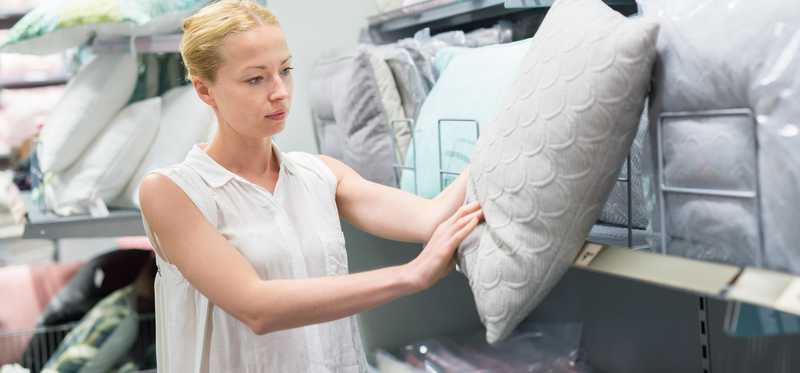
7. Bed Bath & Beyond
Home goods retailer Bed Bath & Beyond (Nasdaq: BBBY) still has a formidable presence in the retail landscape as it also owns brands like Buy Buy Baby and World Market, but the business has unraveled in recent years. Comparable sales adjusted for the shift in Cyber Monday fell 13% in December and January, and profits have been quickly evaporating.
The company closed all of its stores on March 23 except for Buy Buy Baby and Harmon Face Values, and it has furloughed a majority of its store employees.
Bed Bath & Beyond had brought on new CEO Mark Tritton in November to turn the business around, and though his strategy seemed promising, the company is now facing an unprecedented set of challenges.
Even if Bed Bath & Beyond survives the crisis, its chances for long-term recovery seem significantly diminished.
ALSO READ: Coronavirus May Kill These 4 Struggling Retailers
Previous
Next

8. Steak 'n Shake
The casual burger chain and subsidiary of Biglari Holdings (NYSE: BH) had run into trouble long before the crisis. The chain temporarily closed more than 100 locations and had an operating loss of $18.6 million last year and comparable sales were down 6.9%. The restaurant chain is focused on converting underperfoming locations from table service to counter service, but that transition may be coming too late. Most of the chain's locations are open, but are limited to takeout and delivery, significantly cutting their sales.
At a time when the chain had already fallen behind more nimble fast-casual competition, the coronavirus outbreak could force Biglari Holdings to sell it off or pull the plug on it entirely.
Previous
Next
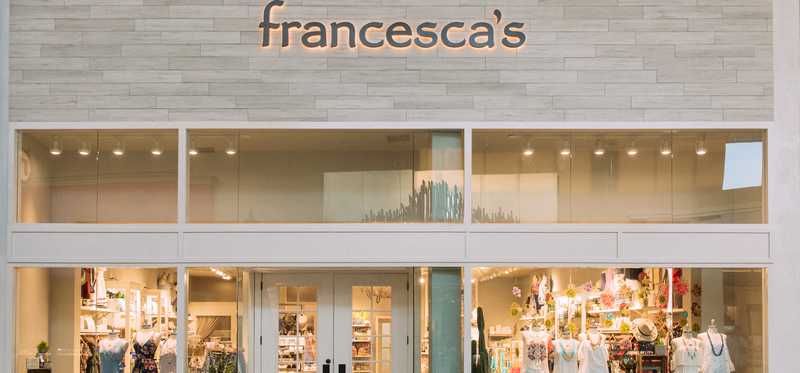
9. Francesca's
Boutique chain Francesca's Holdings (Nasdaq: FRAN) was a solid performer just a few years ago, but a combination of internal errors and declining mall traffic has torched the stock as shares are down 99% over the past three years.
The company said on March 20 it had closed nearly all of its stores and was delaying its fourth-quarter earnings report, which could be a warning sign for the company's ability to stay in business.
Through the first three quarters of the fiscal year, the company lost $13.5 million, and had $21.2 million in debt as of November 2. Considering the company's operations are severely limited currently, the pandemic could force it into bankruptcy.
5 Winning Stocks Under $49
We hear it over and over from investors, “I wish I had bought Amazon or Netflix when they were first recommended by the Motley Fool. I’d be sitting on a gold mine!” And it’s true. And while Amazon and Netflix have had a good run, we think these 5 other stocks are screaming buys. And you can buy them now for less than $49 a share! Simply click here to learn how to get your copy of “5 Growth Stocks Under $49” for FREE for a limited time only.
Previous
Next
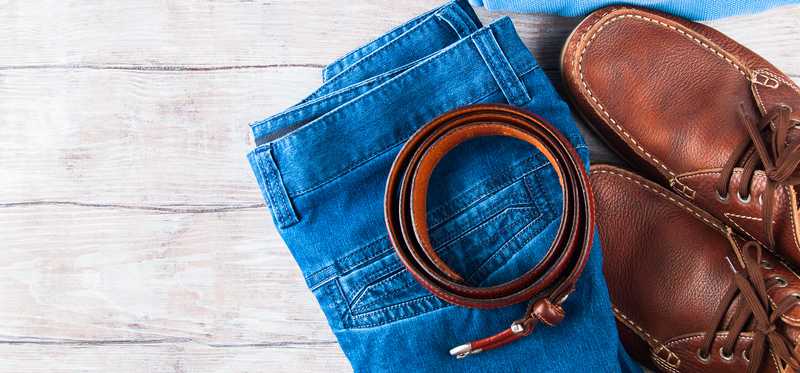
10. J. Crew
The privately held preppy retailer has been on the brink of bankruptcy for years now. J. Crew was counting on the IPO of its popular Madewell brand to give it some breathing room and much-needed cash, however creditors balked at the move once the coronavirus started spreading, causing investors to sour on the retail sector.
J. Crew's has $1.6 in debt with a CCC- credit rating, and the company said in mid-March that it would close all of its stores temporarily. Though it's long had a solid online business, the costs of its shuttered stores will only put further pressure on the company.
ALSO READ: Coronavirus Market Rebound: Where to Invest $5,000 Right Now
Previous
Next

A waiting game
The toughest part for these retail and restaurant chains is that no one knows when this disaster will end. While there are signs that new coronavirus cases are beginning to slow in some hotspots, there's probably still a long way to go to get back to life as normal. Even if non-essential retailers are allowed to reopen and restaurants can serve dine-in customers, consumers won't come back if they don't think it's safe. These companies will also have to get supply chains moving again, and rehire employees that have been furloughed, which adds to the challenges.
One thing is clear. The longer the pandemic goes on for, the more likely these companies are to go out of business.
Jeremy Bowman owns shares of Dave & Buster's Entertainment. The Motley Fool owns shares of Biglari Holdings. The Motley Fool recommends Dave & Buster's Entertainment. The Motley Fool has a disclosure policy.
Previous
Next
Invest Smarter with The Motley Fool
Join Over Half a Million Premium Members Receiving…
- New Stock Picks Each Month
- Detailed Analysis of Companies
- Model Portfolios
- Live Streaming During Market Hours
- And Much More
READ MORE
HOW THE MOTLEY FOOL CAN HELP YOU
-
Premium Investing Guidance
Market beating stocks from our award-winning service
-
The Daily Upside Newsletter
Investment news and high-quality insights delivered straight to your inbox
-
Get Started Investing
You can do it. Successful investing in just a few steps
-
Win at Retirement
Secrets and strategies for the post-work life you want.
-
Find a Broker
Find the right brokerage account for you.
-
Listen to our Podcasts
Hear our experts take on stocks, the market, and how to invest.
Premium Investing Services
Invest better with The Motley Fool. Get stock recommendations, portfolio guidance, and more from The Motley Fool's premium services.